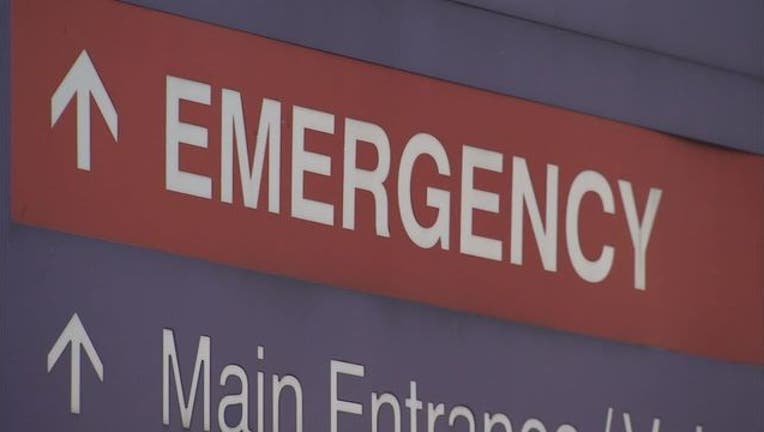Key hospital budget issues resolved

TALLAHASSEE, Fla. (NSF) - Florida lawmakers are close to reaching a deal on health-care spending for the coming year.
House and Senate negotiators Friday agreed on many spending issues across five state health-care agencies, including how to pay Florida’s hospitals for treating poor, elderly and disabled people.
A high-profile dispute over hospital payments ended with lawmakers agreeing to redirect about $9.5 million from a pot of money that is used to supplement payments for 28 hospitals that treat the largest numbers of Medicaid patients in the state.
The Senate initially proposed redirecting the full $319 million currently used for the supplemental payments. Under that proposal, the redirected money would have been spread around to increase Medicaid base rates for all hospitals.
The 28 hospitals provide such specialized services as neonatal care, pediatric cancer treatment and organ transplants and train 45 percent of the state's medical students.
The House, meanwhile, initially recommended a 3 percent across-the-board Medicaid rate reduction, which meant about a $111 million cut in rates for all hospitals. Negotiators agreed they would not make those cuts.
Justin Senior, chief executive officer of the Safety Net Hospital Alliance of Florida, said his association was still reviewing the impact of the decisions. But Senior acknowledged that it could have been much worse for the state’s safety-net facilities
“It certainly is an improvement over the original House position and the original Senate position, and substantially,” Senior told The News Service of Florida.
Lawmakers have been holding formal budget negotiations since Tuesday, when legislative leaders reached an agreement on broad spending levels for the fiscal year that starts July 1.
Conference committees on different areas of the budget finished their work Friday, with remaining unresolved issues sent to Senate Appropriations Chairman Rob Bradley, R-Fleming Island, and House Appropriations Chairman Travis Cummings, R-Fleming Island.
If Bradley and Cummings can’t reach agreement, issues would be bumped up to Senate President Bill Galvano, R-Bradenton, and House Speaker Jose Oliva, R-Miami Lakes.
The budget must be finalized by Tuesday for the Legislature to comply with a 72-hour “cooling off” period before the spending plan can be approved. The legislative session is scheduled to end May 3.
While the large issue of hospitals payments has been resolved, some issues involving hospitals remained outstanding Friday. The House and Senate, for example, hadn’t agreed on supplemental payments for teaching at medical schools or graduate medical education.
Legislative leaders announced on Tuesday that they had agreed to spend $10.1 billion in state general revenue on health-care programs, which was more than what the House had proposed in its original plan and less than what the Senate had proposed.
Sen. Aaron Bean, R-Fernandina Beach, and Rep. MaryLynn Magar, R-Tequesta, led the health-care negotiations over three days. But it proved too short of a period of time to finalize all issues.
“If we had more time, we would have knocked everything out, but we were in a hurry,” Bean said.

